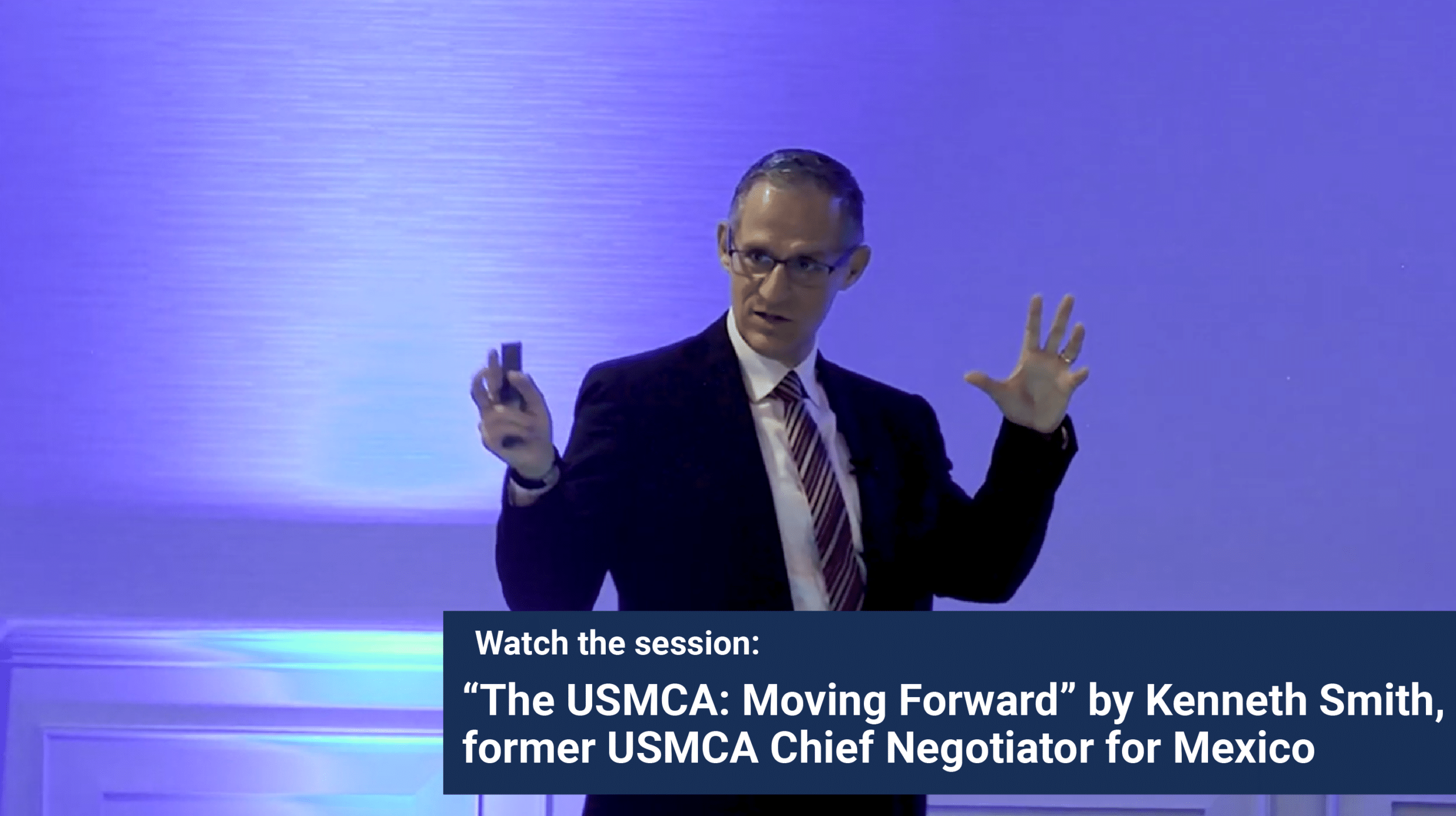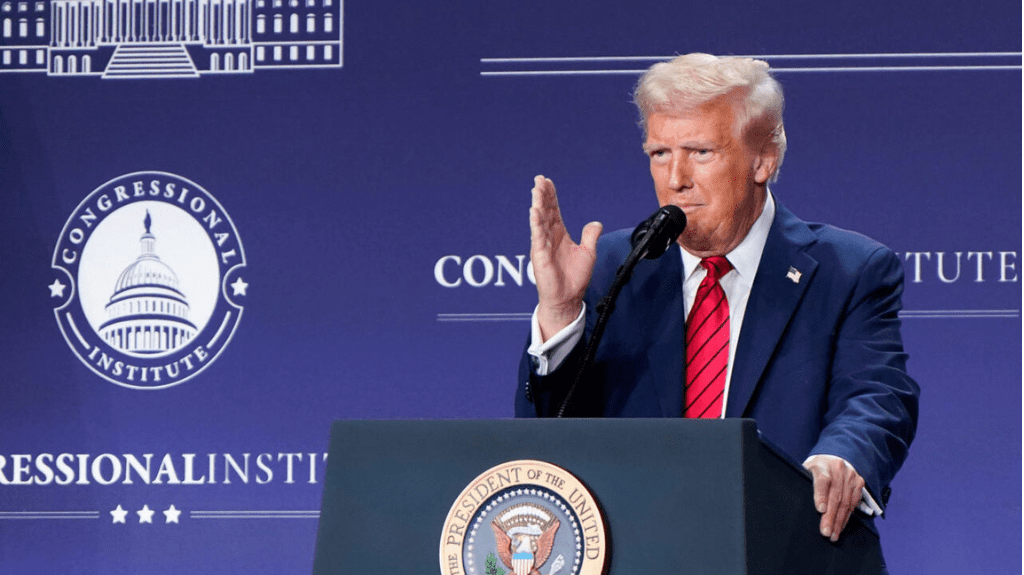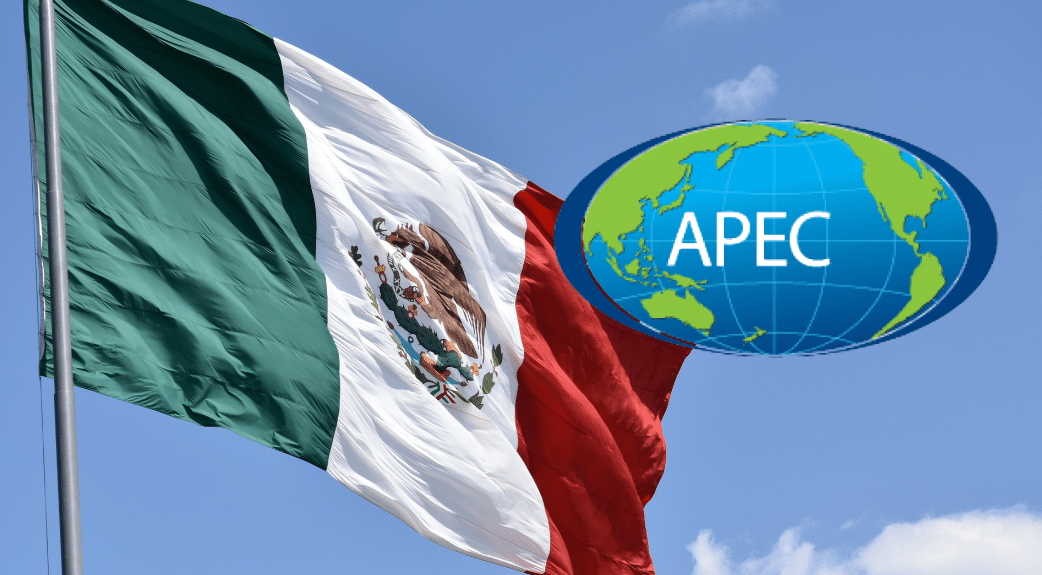

Published 29/05/2025
A US federal court struck down most of the tariffs imposed by President Donald Trump's administration on imported goods, determining that the duties exceeded the executive branch's constitutional powers.
The Court of International Trade ruled that Trump misused the International Emergency Economic Powers Act (IEEPA) to justify imposing widespread tariffs affecting nearly 185 countries. According to the ruling, this law does not grant the president the authority to impose trade taxes so broadly without express congressional approval.
This ruling means that tariffs ranging from 10% to 50% on imported goods must be suspended, as they are considered outside the legal framework.
Scope and Characteristics of the Blocked Tariffs
The controversial tariffs were a key element of Trump's trade strategy to protect domestic industry, but they now face a significant judicial setback. Below are some key features:
- They affected products imported from countries such as China, Mexico, Canada, and other key U.S. trading partners.
- The tariff rates ranged from 10% to 50%, depending on the product and origin.
- They were imposed under the pretext of an economic emergency to protect national security.
- The ruling concluded that this emergency does not justify the unilateral imposition of tariffs of this magnitude.
This decision reaffirms the need for Congress to participate in authorizing tax measures that have a broad trade impact.
Implications and Next Steps
For the Trump administration: It was announced that it will appeal the court decision, seeking a higher court to overturn the blocking of the tariffs.
- For international trade: The suspension of these taxes could ease trade tensions with important allies and facilitate the flow of trade.
- For the domestic economy: The ruling could positively affect sectors that had been impacted by rising import costs.
- For now, the tariffs remain suspended, although the situation could change depending on the outcome of the appeal.
This court ruling is an important reminder of the system of checks and balances in the United States, where the judiciary oversees and limits the actions of the executive branch when it exceeds its powers.
Is your company ready to seize new opportunities in a shifting trade landscape following recent U.S. tariff changes? Contact American Industries to discover how our solutions and expertise can help you optimize your operations and grow in strategic international markets.
Related Posts







